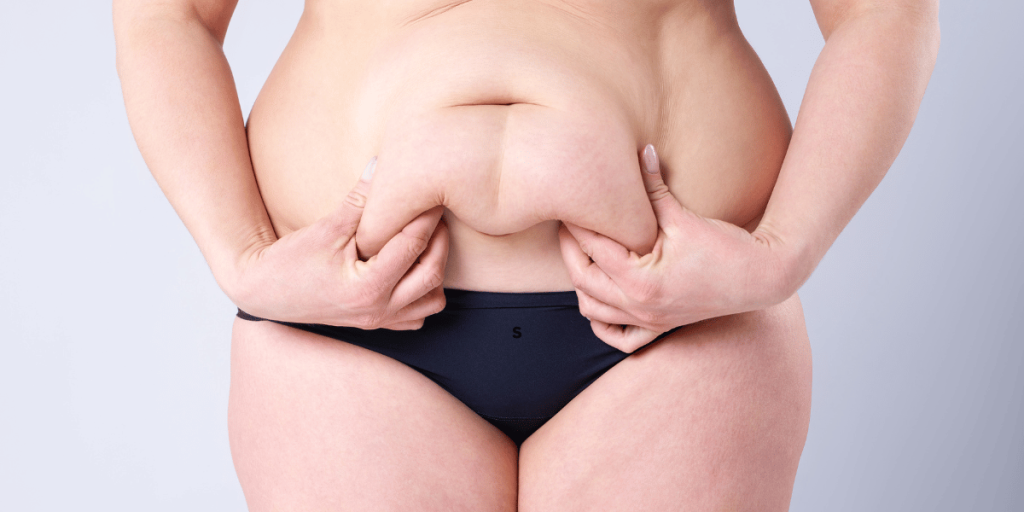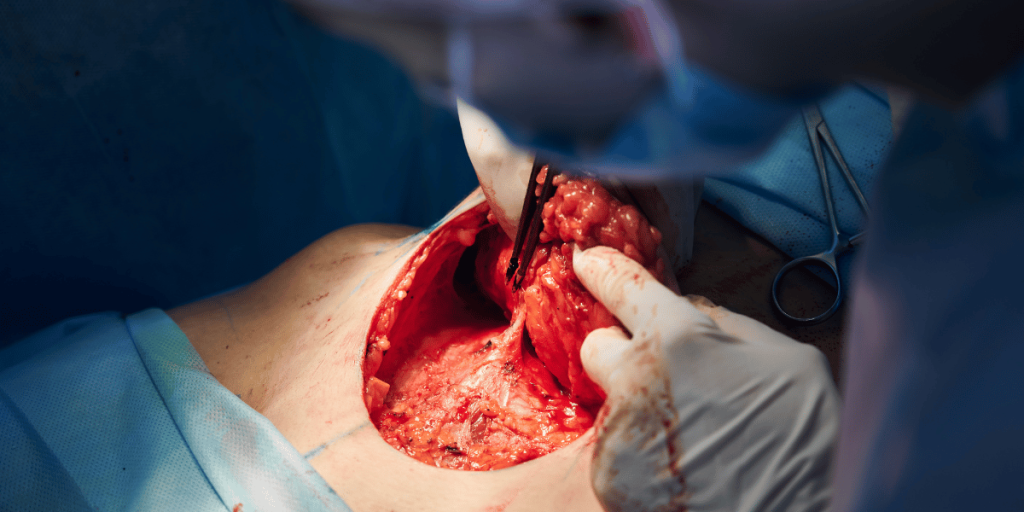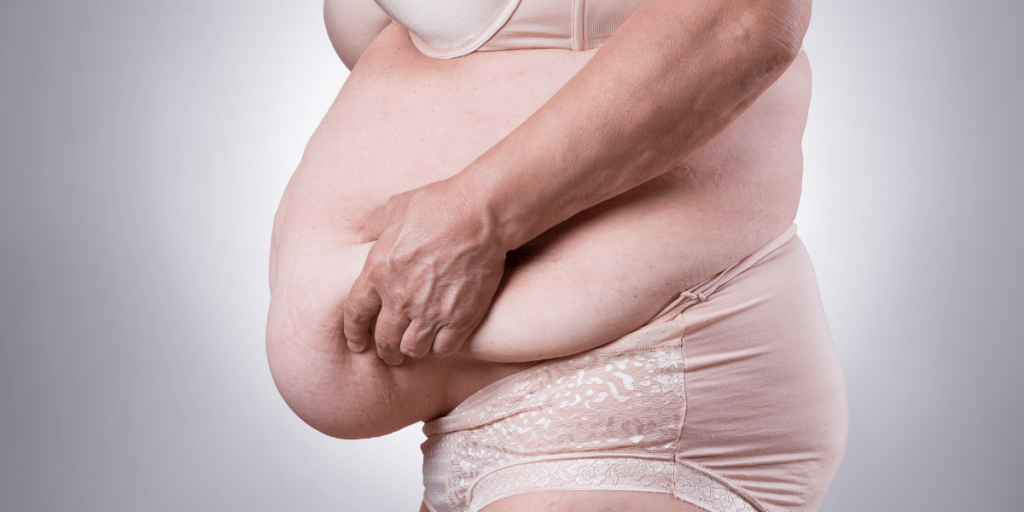Tummy tuck surgery, or abdominoplasty, is a popular cosmetic procedure designed to improve the appearance of the abdominal area by removing excess fat and skin and tightening the abdominal muscles. This procedure can significantly enhance one’s body shape, but a common question arises: Do you have to lose weight before a tummy tuck? Consider various factors and keywords relevant to the procedure.
Understanding Tummy Tuck Surgery
A tummy tuck procedure involves the removal of excess fat and skin from the abdominal region, along with the tightening of the abdominal wall muscles. This surgery aims to create a smoother, firmer abdominal profile, often sought by individuals after significant weight loss or pregnancy.
Ideal Candidates for a Tummy Tuck
A key consideration for anyone thinking about a tummy tuck is whether they are a good candidate. The best candidates for this cosmetic surgery procedure are individuals who are at a stable weight and have a healthy lifestyle. Stability in weight is crucial because weight fluctuations can impact the results of the surgery.
The Importance of a Healthy Weight
Maintaining a healthy weight before undergoing a tummy tuck is essential for achieving the best results. A healthy body weight not only reduces the risks associated with surgery but also ensures that the outcomes are more predictable and satisfactory. According to plastic surgeons, patients should ideally be within 10-15 pounds of their goal weight before the procedure.
Why Losing Weight Might Be Necessary
For individuals carrying a significant amount of excess weight, it may be advisable to lose weight before considering a tummy tuck. Here are several reasons why:
1. Enhanced Results
Losing excess fat can enhance the overall results of the tummy tuck. When there is less fat to remove, the surgeon can focus more on contouring and tightening the abdominal area, leading to a more defined and aesthetically pleasing outcome.
2. Reduced Risks
Obese patients or those with significant weight gain are at a higher risk of complications during and after surgery. By achieving a healthier weight, the risk of complications such as infection, bleeding, and poor wound healing is significantly reduced.
3. Long-lasting Results
Achieving and maintaining a healthy weight before surgery can help ensure that the results of the tummy tuck are long-lasting. Weight fluctuations post-surgery can lead to the reappearance of excess skin and fat, diminishing the effects of the procedure.
The Role of Body Mass Index (BMI)

Body Mass Index (BMI) is a common measure used to determine whether an individual is within a healthy weight range. While BMI is not the only factor considered, it can indicate whether weight loss might be necessary before surgery. Generally, a BMI below 30 is considered ideal for tummy tuck patients to minimize risks and optimize results.
The Weight Loss Journey
Embarking on a weight loss journey before a tummy tuck can be a significant step towards achieving optimal results. This journey often involves:
1. Healthy Diet
Adopting a healthy diet is crucial. This includes consuming a balanced mix of nutrients, avoiding crash diets, and focusing on sustainable, long-term dietary changes that promote weight loss and overall health.
2. Regular Exercise
Incorporating regular exercise into your daily routine is another essential component. Exercises that target the abdominal muscles can help tone the area, while aerobic exercises contribute to overall weight loss.
3. Lifestyle Changes
Making broader lifestyle changes, such as improving sleep habits, managing stress, and staying hydrated, can support weight loss and improve overall health, making you a better candidate for a tummy tuck.
Realistic Expectations and Consultation
It’s important to have realistic expectations when considering a tummy tuck. This surgical procedure can significantly improve the appearance of the abdominal area, but it’s not a weight loss solution. The primary goal is to remove excess skin and fat, and tighten the abdominal muscles, not to shed pounds.
The Initial Consultation
An initial consultation with a plastic surgeon is a vital step in the process. During this consultation, the surgeon will evaluate your medical history, assess your abdominal region, and discuss your goals and expectations. This is also the time to discuss whether you need to lose weight before surgery and what the best approach would be for your individual needs.
The Tummy Tuck Procedure and Results

1. The Procedure
The tummy tuck surgery typically involves an incision made from hip to hip, just above the pubic area. Excess skin and fat are removed, and the abdominal muscles are tightened. The belly button is often repositioned to create a natural look.
2. Recovery and Results
Recovery from a tummy tuck can take several weeks. Following the surgeon’s post-operative instructions is crucial for achieving optimal results. The final results may take several months to fully manifest, but patients can expect a flatter, more toned abdominal area once healed.
Managing Loose Skin and Stretch Marks
For those who have undergone significant weight loss, loose skin and stretch marks are common concerns. A tummy tuck can address these issues by removing the extra skin and smoothing out the abdominal area. However, it’s important to note that while the procedure can improve the appearance of stretch marks, it may not eliminate them entirely.
Combining Procedures
In some cases, patients may opt to combine a tummy tuck with other procedures such as liposuction or a breast lift, often referred to as a mommy makeover procedure. Combining procedures can help address multiple areas of concern in a single surgical session, enhancing overall body contour and symmetry.
The Best Way to Prepare
Preparing for a tummy tuck involves several steps to ensure you are in the best possible condition for surgery:
1. Achieve a Stable Weight
Aim to reach and maintain a stable weight for several months before the procedure. This stability helps ensure that the results of the tummy tuck will be long-lasting.
2. Healthy Lifestyle
Adopt a healthy lifestyle, including a balanced diet and regular exercise, to improve overall health and fitness.
3. Avoid Fad Diets and Crash Diets
Avoid fad diets and crash diets, as they can lead to rapid weight fluctuations that are detrimental to both pre-surgery preparation and post-surgery results.
4. Consult with a Plastic Surgeon
Schedule an initial consultation with a plastic surgeon to discuss your goals, medical history, and any concerns you may have. This is also the time to develop a personalized plan to achieve the best results.
Conclusion
In conclusion, while you don’t necessarily have to lose weight before a tummy tuck, achieving a healthy weight can significantly enhance the outcomes and reduce the risks associated with the surgery. Maintaining a stable weight, adopting a healthy lifestyle, and having realistic expectations are key factors in ensuring a successful tummy tuck procedure. Always consult with a qualified plastic surgeon to determine the best approach for your individual needs and to develop a plan that aligns with your health and aesthetic goals. By taking these steps, you can achieve a slimmer, more toned abdominal area and enjoy the long-lasting benefits of your tummy tuck surgery.
*Some of the links on this blog are affiliate links. This means if you click on the link and purchase the item, I will receive an affiliate commission.


